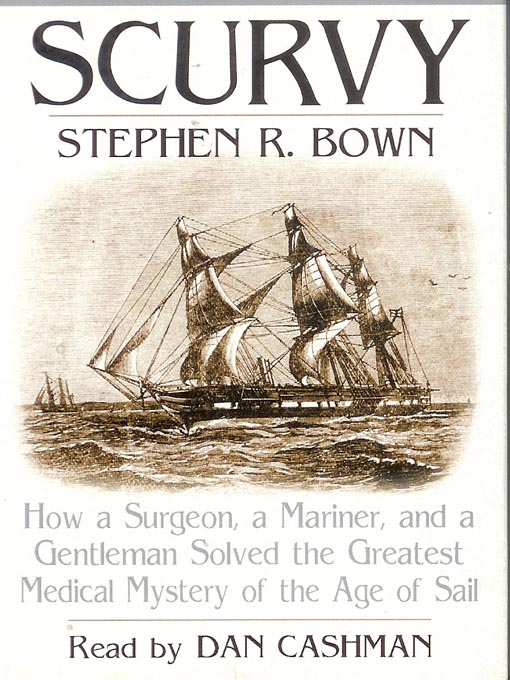A lively recounting of how three determined individuals overcame the constraints of 18th century thinking to solve the greatest medical mystery of their era. The cure for scurvy ranks among the greatest of military successes, yet its impact on history has mostly been ignored. Stephen Bown, in this engaging and often gripping book, searches back to the earliest recorded appearance of scurvy in the 16th century, to the 18th century, when the disease was at its gum-shred, bone-snapping worst, to the early 19th century, when the preventative was finally put into service. Bown introduces us, among others, to James Lind, navy surgeon and medical detective, whose research on the disease spawned the implementation of the cure; Captain James Cook, who successfully avoided scurvy on his epic voyages; and Gilbert Blane, whose social status and charisma won over the British Navy and saved England. Scurvy is a medical detective story for the ages, a fascinating and often maddening examination of how a preventative for scurvy, the "scourge of the seas", was found, ignored, and finally implemented to the great benefit of all seafaring nations. The inability to puzzle out the cause of and prevention of scurvy slowed down history, keeping ships close to home and dooming those ships that ventured too far.
- What's new?
- Always Available Kids E-books
- Always Available Classics for Kids
- No wait, no problems
- Popular titles
- Check these out!
- See all ebooks collections
- What's new?
- Always Available Kids Audiobooks
- No wait, no problems
- Popular titles
- Check these out!
- See all audiobooks collections


